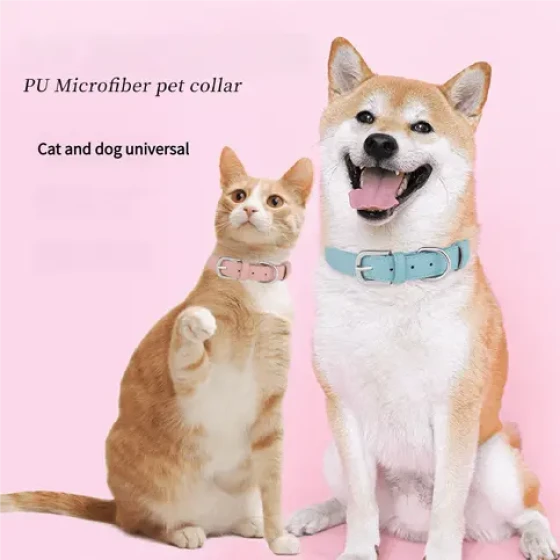Dietary Precautions for Senior Dogs

English Springer Spaniel (Detailed Introduction)
Senior dogs experience a significant decline in both digestive function and dental strength, so we need to pay special attention to their diet to avoid diseases caused by neglect that could threaten their lives. What are the dietary precautions for senior dogs? We will briefly introduce them here.
Adjust the dog's diet according to its age stage. After reaching senior age, there should be major dietary changes. The biggest change is lowering the caloric intake because the dog's exercise decreases and physical and mental activities slow down. In other words, the dog's energy expenditure is less than before; generally, energy consumption at this stage is about 20% lower than previously. However, despite reduced energy needs, nutrition must remain balanced. Only balanced nutrition can truly maintain the dog's physical and mental health.
The dog's physical condition directly determines its diet composition. At this time, the dog's teeth are no longer suitable for gnawing bones, so owners should prepare softer foods. Raw meat is hard to digest and not suitable for senior dogs, so if owners choose a raw food diet, certain adjustments must be made.
Therefore, regardless of the dog's previous diet, adjustments must be made upon entering senior age. Fortunately, many dog food companies have conducted extensive research and created foods specifically for senior dogs. Owners can select according to their dog’s physical condition.
Because of senior dogs’ dental conditions, hard foods are no longer suitable. The foods fed should be relatively soft. However, soft foods tend to stick to teeth and are harder for the dog to clean by itself. Therefore, owners should regularly help clean the dog's teeth to prevent tartar buildup. Severe tartar can cause the dog's teeth to fall out, negatively affecting the dog's quality of life.





